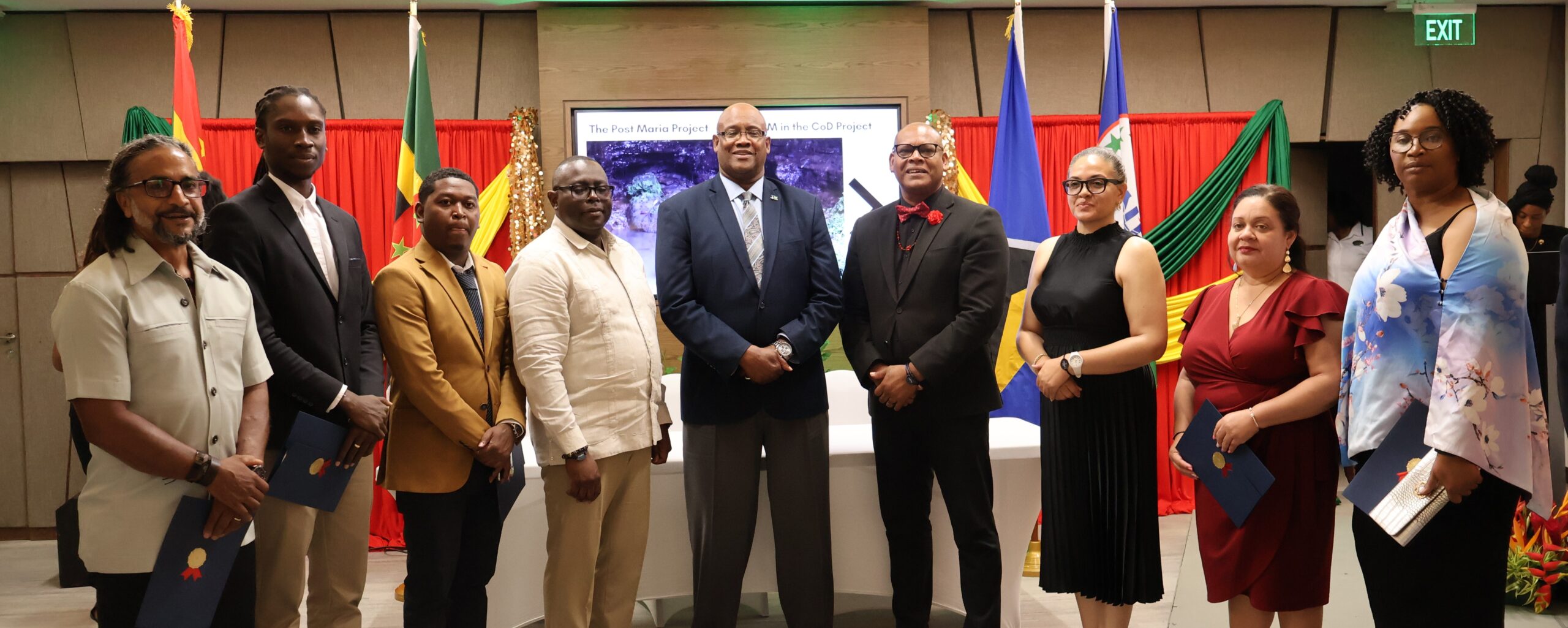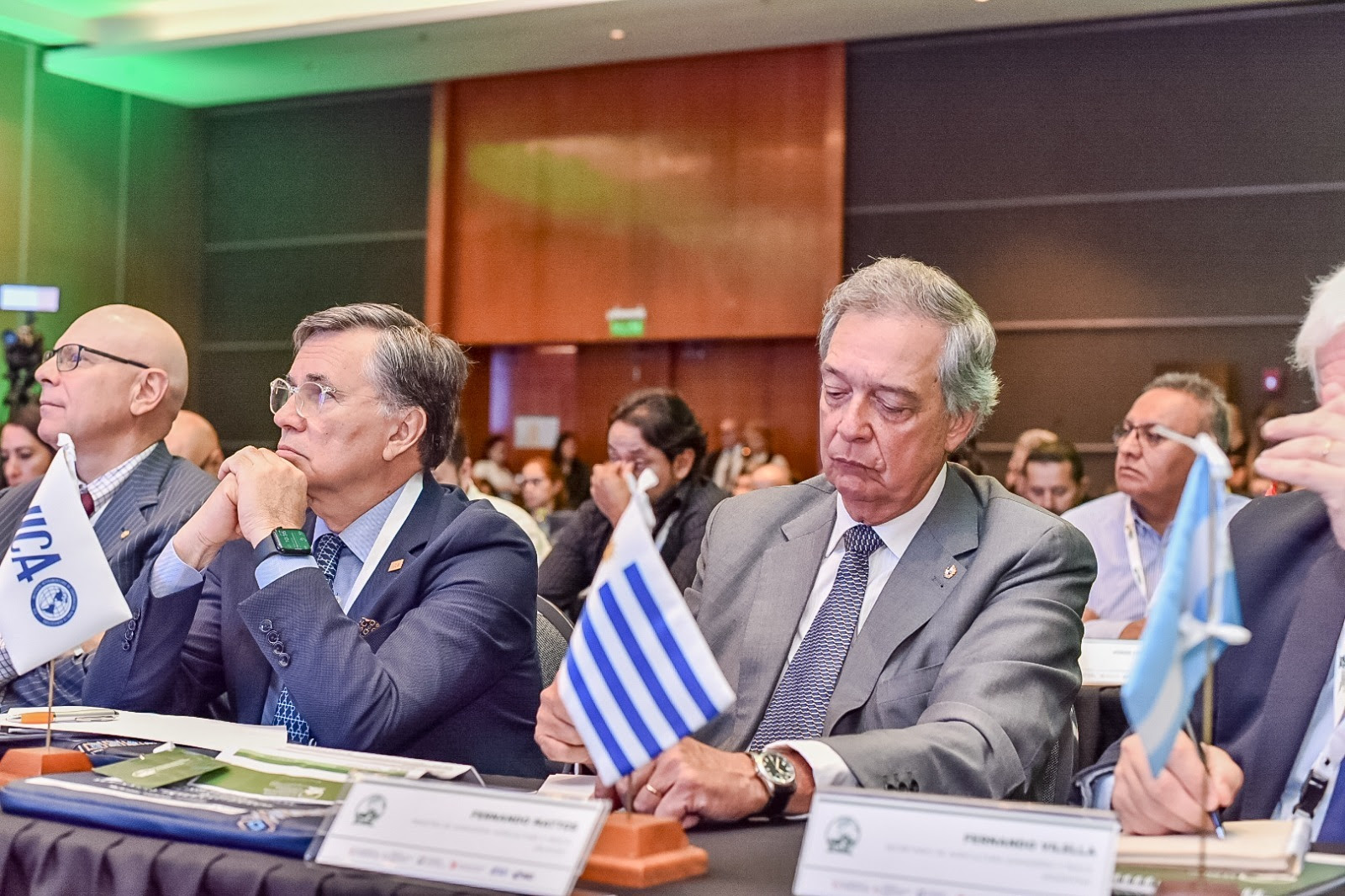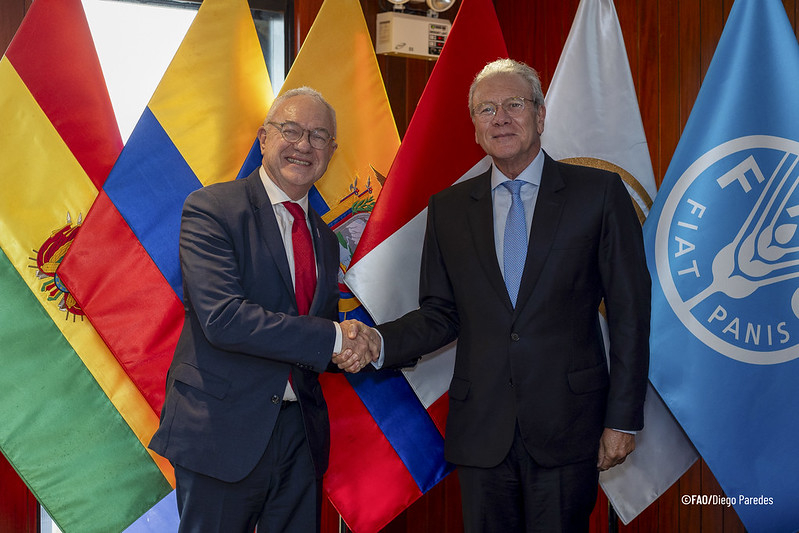The Delegation of the Inter-American Institute for Cooperation on Agriculture (IICA) in Suriname and Cornell University in New York are working together to conduct of field activities through Systems of Rice Intensification (SRI) for upland rice production in Maroon communities located along the upper Suriname River.
The researchers, Dr. Erika Styger, expert in SRI production systems and African upland rice varieties, and Rosemary Glos, from Cornell University, are collecting samples for subsequent genetic analysis and varietal characterization aimed at improving the understanding of the existing genetic diversity and related phenotypic variation of African Rice, which is cultivated by the Saramaka people in Suriname.
The goal of the initiative is to provide food and nutrition security for the indigenous Maroon population, through an increase in income generating opportunities for the identified communities, by promoting and facilitating unique advantages and market insertion of traditional agricultural products, agricultural biodiversity preservation and resilience building of rural populations to climate change.
Other activities conducted by the experts are the identification of constraints and opportunities for sustainable upland rice cultivation by the Maroon communities in Suriname; the improvement of grain productivity through agronomic SRI practices, while preserving valued local culture; and the improvement of African Rice in-situ conservation strategies of the Saramaka communities in the country.
This project, financed by a grant from Cornell University/Atkinson Center for Sustainable Future in the amount of USD 179,999, is a scaling up of interventions of IICA’s projects related to Inclusion and Family Agriculture. It seeks to assist and support indigenous Maroon populations in the Upper Suriname River basin in moving from shifting cultivation systems to more sustainable agriculture production systems, rice being the main staple crop of the targeted communities.
The Food and Agriculture Organization of the United Nations (FAO) had previously come on board with this IICA initiative and have committed USD 25,000 to ongoing actions aimed at establishing additional demonstration plots for the practical training and knowledge transfer in sustainable agriculture production to residents in the beneficiary communities. Other partners of IICA include the Ministry of Agriculture, Animal Husbandry and Fisheries, the Ministry of Regional Development, and EcoSystems 2000, a local non-government organization.
According to many residents of the beneficiary communities, the original upland rice dates back to the vision and effort of one female slave – whom they refer to as ‘Mama Pansa’- who is presumed to have introduced African Rice hidden in her hair in order to promote its cultivation among the Maroons. It is largely believed that Suriname is the only western country where this species has been conserved from the slavery era. This suggests that development interventions, they are to be sustainable, must be based on a participatory assessment and understanding of this specific gender dynamic.




